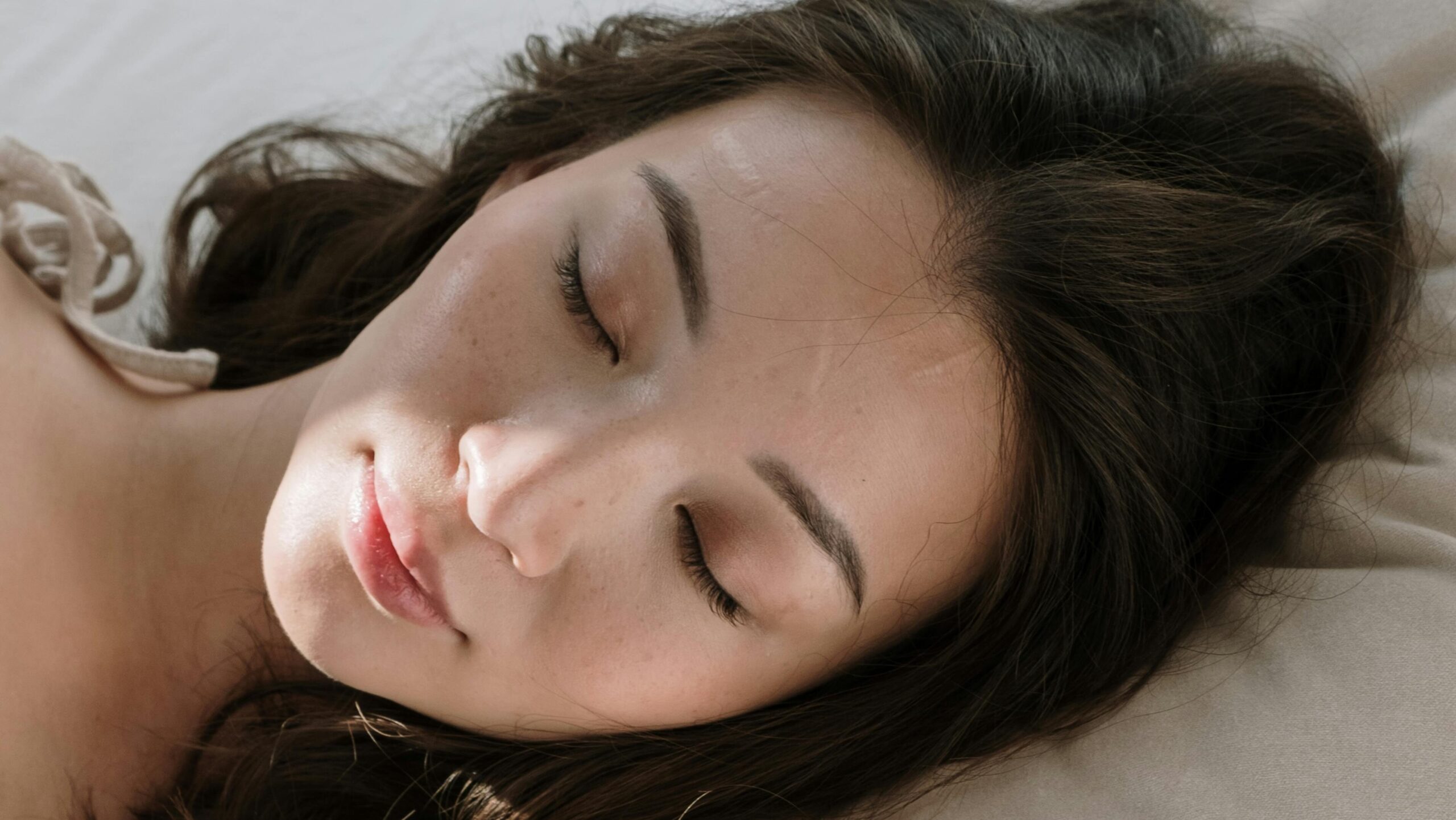The Best Fluffy Pancakes recipe you will fall in love with. Full of tips and tricks to help you make the best pancakes.

How to Hack Your Circadian Rhythm
The Rhythm That Controls Your Life (Even If You Ignore It)
Ever wake up feeling groggy—even after a full night’s sleep? Or maybe your energy tanks by 3 PM, leaving you reaching for a triple espresso (which, let’s be honest, only fuels the cycle of exhaustion). That’s your circadian rhythm, the internal clock that controls not just sleep but digestion, immunity, hormone production—basically, everything that keeps you alive and functioning. And yet, modern life? It’s actively trying to destroy it.
From late-night TikTok doomscrolling to skipping breakfast and cramming in a workout at midnight, we’ve built routines that spit in the face of our biological programming. The result? Chronic fatigue, metabolic issues, premature aging, and, well, feeling like a zombie most days.
But don’t worry. You can rewire your circadian rhythm—without having to live like a monk. Science has cracked the code, and today, we’re breaking it down into five powerful (and doable) hacks.
1. Light Is Your Master Control Switch
Light—more than caffeine or even sleep itself—dictates whether your body functions like a well-oiled machine or a sluggish wreck. The key player? Your suprachiasmatic nucleus (SCN)—a tiny region in the brain that syncs with natural light and tells every cell in your body what time it is.
Morning: The Power of Sunlight
- Within 30 minutes of waking, get outside and expose your eyes to natural sunlight. (Yes, even if it’s cloudy.)
- If you’re stuck indoors, use a 10,000-lux light therapy lamp—a game-changer for winter months and night owls trying to shift their rhythm.
Evening: Cut the Artificial Glow
- Cut screen time at least 90 minutes before bed (or use blue-light-blocking glasses—bonus points for the dorky orange ones that make you look like a mad scientist).
- Use warm, dim lighting after sunset. Smart bulbs that mimic sunrise/sunset? Worth the investment.
Why it works: Light controls melatonin. Get morning light, and your body knows it’s time to be alert. Avoid bright lights at night, and your brain stops thinking it’s noon at 10 PM.
2. Eat Like Your Ancestors (Not a Midnight Snacker)
Your gut has a circadian clock, too. And it hates it when you eat at odd hours.
Best Practices:
- Time-restricted eating (TRE): Eat within a 10-12 hour window (e.g., 8 AM – 6 PM). Studies show it improves insulin sensitivity by 18%.
- No late-night snacking. Midnight fridge raids spike blood sugar, wreck melatonin production, and disrupt deep sleep.
- Prioritize sleep-friendly foods: Tart cherries (natural melatonin), walnuts (rich in magnesium), and chamomile tea (calming flavonoids).
Why it works: Your digestive system isn’t built to handle food 24/7. When you give it a break, your cellular repair processes kick in—boosting longevity and energy.
3. Move, But At the Right Time
Exercise is essential—but timing matters.
Morning Workouts:
- Boost cortisol (which is supposed to spike in the AM)
- Help you fall asleep faster at night
- Reduce the afternoon slump
Evening Workouts:
- If intense, they can delay melatonin production (not ideal for early sleepers).
- Instead? Opt for yoga or stretching to relax your nervous system before bed.
Why it works: Exercise acts as a zeitgeber (a fancy term for something that resets your circadian clock). Work out at the right time, and you’re helping your body—not confusing it.
4. Build a Sleep Sanctuary
Your bedroom should be a sleep temple—not an entertainment center.
How to Optimize Your Space:
- Temperature: Keep it around 65°F (18°C)—cooler temps mimic nighttime body temperature drops and signal sleep.
- Total Darkness: Even dim light (like the one from your phone charger) can suppress melatonin by 50%.
- Invest in Sleep Gear: A cooling mattress, blackout curtains, and a weighted blanket can work miracles.
Why it works: Your body takes cues from its environment. If your room screams Netflix binge zone, don’t be surprised if your brain refuses to shut off.
5. Smart Supplements (But No Magic Pills)
Sometimes, no matter how much you optimize your habits, you need an extra boost. But be strategic—don’t just pop random sleep supplements.
Best Circadian-Supporting Supplements:
- Melatonin (low dose, 0.3-1 mg): Higher doses can actually make sleep worse.
- Magnesium glycinate: Relaxes muscles and supports GABA (your brain’s chill-out neurotransmitter).
- Adaptogens: Rhodiola in the morning to balance cortisol, ashwagandha at night to lower stress hormones.
Why it works: Think of these as tools—not crutches. Use them wisely, and they enhance what your body already wants to do.
The Longevity Payoff: Why It’s Worth It
Mastering your circadian rhythm isn’t just about sleeping better—it’s a literal anti-aging strategy. Research shows that a well-regulated circadian cycle:
✅ Lowers dementia risk by 33%. ✅ Reduces inflammation linked to cancer & heart disease. ✅ Can extend lifespan by up to 12 years (in animal studies—humans aren’t quite there yet, but the science is promising!).
Final Thought? Consistency is Everything.
Dr. Aric Prather, a leading sleep researcher, puts it best: “Your circadian rhythm craves predictability.” Go to bed and wake up at the same time (yes, even on weekends). In return, your body will reward you with more energy, resilience, and maybe even extra years on this planet.
Your Future Self Will Thank You
So, what’s the move? Start simple. Get morning sunlight. Eat earlier. Ditch the blue light at night. Before you know it, you’ll be operating like a high-performance machine—one that’s wired for longevity.
Sleep tight, biohackers. Your 100-year-old self is counting on you.
References
Circadian Rhythm & Longevity – Mindbodygreen
Melatonin & Circadian Health – PMC Study
Creating a Sleep-Friendly Space – Casper
Exercise & Sleep Timing – Mindbodygreen
Circadian Rhythms & Metabolism – PMC Study
How Light Affects Sleep – Sleep Foundation






pit9tu